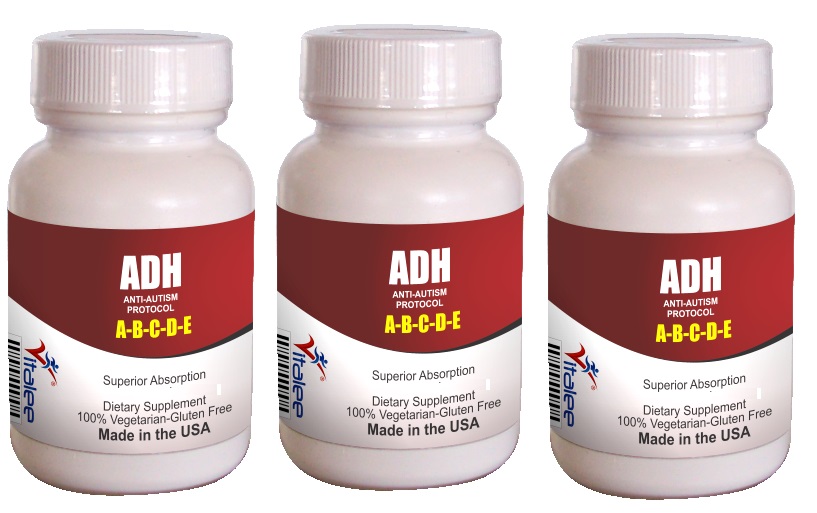
Autism, a profoundly intricate biological disorder, is characterized by a myriad of challenges. These encompass hurdles with speech that often render communication a formidable task. Aberrations in posture and gestures are intertwined, while navigating the intricate labyrinth of understanding others’ emotions poses a unique struggle. The perceptual realm, encompassing sensory and visual interpretations, can be a tumultuous journey, rife with misperceptions, fears, and anxieties. Amid this complex landscape, behavioral deviations such as compulsive or obsessive actions and ritualistic movements further define the spectrum.
Recognizing that a one-size-fits-all approach is a misnomer, the realm of medicine echoes this sentiment. Each individual’s response to medication is a symphony of intricate factors. The pharmacodynamics, shaped by age, ailment duration, and even the ailment itself, orchestrate a personalized melody of effects. Side effects, too, are a part of this composition, unique to each person’s physiological composition.
The journey doesn’t cease here; it evolves over time. As the sands of time flow, the response to medication isn’t set in stone. Pharmacokinetics, the interplay between the body and the medication, paints a dynamic canvas. Tolerance, where a medication loses its efficacy, can develop over time. On the flip side, sensitization might unfold, wherein side effects intensify. These nuances, akin to the brushstrokes of an artist, shape the tapestry of medication responses, as individuals traverse the course of their healing odyssey.
Physicians and parents unfamiliar with autism do need a better understanding of care with autistic patients who have difficulty expressing what’s bothering them. Parents are advised to address and adjust following in the best interest of their special child: